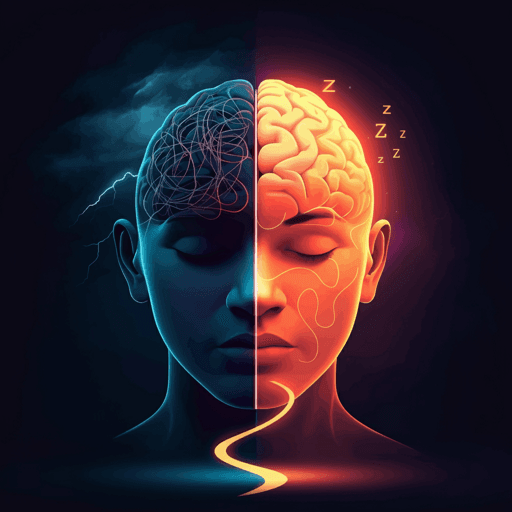
Medicine and Health
Effectiveness of app-based cognitive behavioral therapy for insomnia on preventing major depressive disorder in youth with insomnia and subclinical depression: A randomized clinical trial
S. Chen, J. Que, et al.
App-based cognitive behavioral therapy for insomnia (CBT-I) cut 12-month risk of major depressive disorder from 18% to 10% in youth with insomnia and subclinical depression, improved insomnia remission and reduced depressive symptoms — effects mediated by sleep improvement. Research conducted by Si-Jing Chen, Jian-Yu Que, Ngan Yin Chan, Le Shi, Shirley Xin Li, Joey Wing Yan Chan, Weizhen Huang, Chris Xie Chen, Chi Ching Tsang, Yuen Lam Ho, Charles M. Morin, Ji-Hui Zhang, Lin Lu, and Yun Kwok Wing.
Related Publications
Explore these studies to deepen your understanding of the subject.







